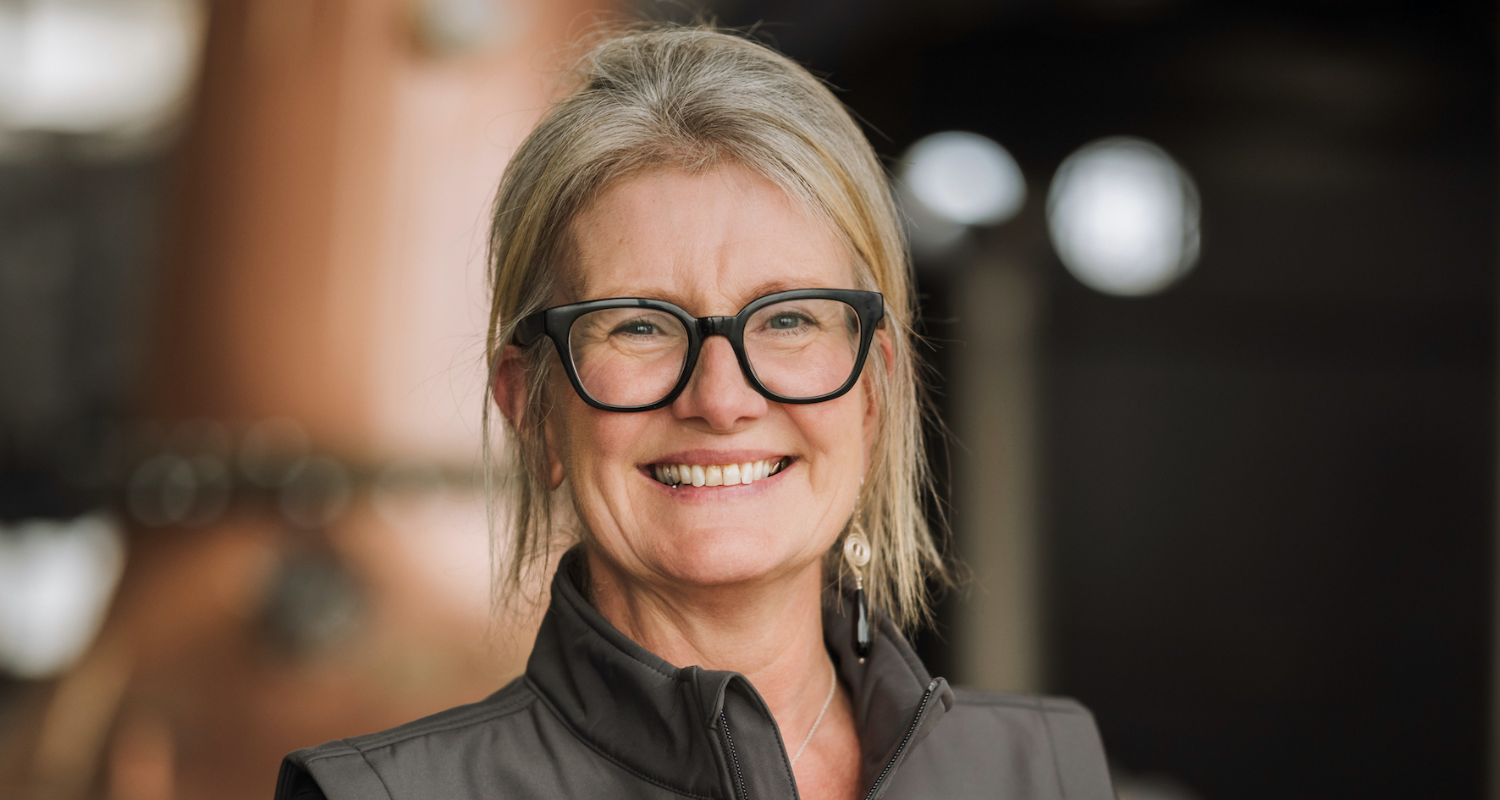Are whisky companies providing enough fertility support?
With recent changes in rights around bereavement leave after pregnancy loss in the UK, issues from IVF to miscarriage are under the microscope in businesses, including whisky. Johanna Derry-Hall speaks to the industry about what companies are doing to support their staff.
At the start of July this year, the UK Government announced its intention to give employees the right to bereavement leave after pregnancy loss. Part of a planned swathe of changes to workers’ rights, the deputy prime minister Angela Rayner said the change would give people time away from work to grieve – the legal right for mothers and their partners to take at least one week off.
It’s an incremental change, but one that signals a growing awareness of the need to support people in the workplace through their pre- and post-natal journeys, whatever they look like. According to the Government, about 250,000 expectant mothers in the UK experience miscarriage every year, including complications like ectopic and molar pregnancies, and between 10-20% of pregnancies end within the first 12 weeks. Meanwhile, in the UK around 60,000 people engage in fertility treatment every year.
According to Fertility Matters At Work (FMAW), a Community Interest Company (CIC) dedicated to improving fertility support in the workplace, 69.5% of those they interviewed for research in 2020 took sick leave while going through treatment, anecdotally to hide the fact that they were having it. In 2023, further research with Peppy healthcare and the British Infertility Counselling Association found that one in three considered leaving their jobs while having treatment. Another 2023 study found that 18% of people actually did leave due to a lack of support.
British employees may soon have the right to bereavement leave after pregnancy loss.
This inevitably impacts businesses. Fertility challenges or miscarriage affects people in numerous different ways, from difficulty sleeping to struggling with social interactions and mood swings. At present, when it comes to policies in the workplace to support people in their journeys to parenthood, little is being said or done beyond what is a statutory requirement, whether in the UK or globally.
“I have been through IVF three times and it is a huge drain emotionally, physically and financially,” says Catherine Anderson*, who’s worked in the whisky industry for several years. “IVF clinic appointments can be time sensitive and take up hours of your day in travel, even for a 10-minute appointment. I didn't feel supported for time out of the office in the high-pressure job I had the last time I did IVF.”
But there is an appetite to do more as Kirsty Summers, head of workforce and skills for the Scotch Whisky Association explains: “The strong indications are that organisations are putting as much in place as they can to make work environments as inclusive as possible and our members are actively looking at how they can support their staff through pregnancy loss.”
Proactive shift
She sees this as a shift in the industry towards organisations being proactive about how they can make work accessible to all. “Things have changed quite considerably from, ‘Oh yeah, we need to address that’ to ‘we are addressing that, and this is what we're doing’. That’s very definite now.”
Emma Crawford, HR director at Bruichladdich distillery, agrees: “For us, inclusive policies – from flexible working to parental leave – are no longer ‘progressive’, they’re essential. They support talent, retention, drive innovation and foster fairness.”
The challenge, according to Summers, is creating support that is both enough and that doesn’t overstep in people’s lives. “There's a very fine balance,” she says. “People should be in an environment where they feel able to talk about it if they wish. In reality, I think that's a very difficult thing to attain, but I think maybe the comfort of knowing something like leave, for example, is just there if they need it is a good thing.”
Anderson agrees: “It’s such a personal thing. Not everyone wants to shout out and say, ‘hey, I am going through fertility treatment’. But a policy of special leave – that’s discreet, that could cover a number of issues, not just fertility, so that not everyone needs to know you are going through treatment – is a good option.”
Building support for all: Policies benefit not just women but their partners and caregivers too.
To do it well, says Summers, means being brave enough to ask people what they need and want in these situations. Bruichladdich’s internal Women’s Network, for example, is cited by Crawford as playing an ongoing vital role in shaping the whisky company’s culture of transparency, compassion, equality and equity.
Likewise, many of Diageo’s leading reforms in this area came out of the work of their Spirited Women’s Network resource group, and their changes have been considerable. In July 2020, for example, Diageo India introduced surrogacy and fertility treatment medical benefits for all employees. Two years later, in 2022, Pregnancy Loss guidelines, initially trialled by Diageo’s UK and Irish employees were rolled out globally across 34 markets – including India, Nigeria and Southern Europe, with the promise of more to follow.
These were inclusive of paid leave and apply to any employee regardless of gender, sexual orientation and length of service, with the business stating that “we hope to raise awareness and understanding of an area which is often poorly understood due to the silence surrounding it.”
“HR can provide the policy, procedure and structure, but culture can provide the mechanism.”
Working with Fertility Matters at Work in February 2023, Diageo also introduced fertility support guidelines for employees in the UK (again with the promise of extending them to other global markets). Importantly the remit of this guidance isn’t limited to women, taking in their scope anyone who is going through treatment, the partner of someone going through treatment or an intended parent, entitling them to additional paid leave.
For the business, the guidelines also serve as an educational tool outlining the reality of fertility issues and treatment and providing advice on how colleagues and leaders can support someone going through the process with compassion and understanding.
The human approach
Of course Diageo’s advantage as a multi-national business is its ability to go beyond statutory requirements. But prenatal and postnatal support doesn’t have to be about grand gestures and global HR policies. For Summers it’s about workplace culture: “A values-led approach can be a good way of addressing how behaviours are led within an organisation. I think that's a more human approach. HR can provide the policy, procedure and structure, but culture can provide the mechanism.”
For Bruichladdich, supporting people through their journey into parenthood intersects with the very specific challenges of being based on a Hebridean island, as Crawford explains: “Island life can be unpredictable. Wild weather, a stretched infrastructure and limited local medical services mean flexibility is essential to ensure our people are supported. Looking after our team is not just the right thing to do – it’s vital.”
Though often seen as something which only affects women, Crawford believes offering support to people who want to be parents is important for everyone. “Implementing pre- and postnatal support, flexible working arrangements and inclusive policies benefit not just women, but men too, whether as partners, parents, caregivers or simply as individuals with responsibilities beyond their jobs. When we prioritise support for all, we build a stronger, more resilient workforce and a more progressive industry.”
*name changed for anonymity







